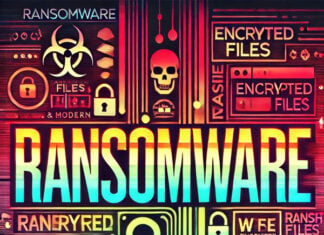
India has emerged as a trailblazer in proactively addressing the looming threat of cyber attacks on domestically manufactured vehicles. This initiative aligns with guidelines established by the United Nations Economic Commission for Europe World Forum for Harmonization of Vehicle Regulation, setting a precedent for global cybersecurity measures in the automotive industry.
The newly proposed regulations adhere to WP.29 standards, designed to fortify vehicle management systems against potential digital vulnerabilities. While the global push towards adopting autonomous vehicles gains momentum, original equipment manufacturers (OEMs) are diligently equipping these vehicles with advanced features. Unfortunately, there has been a noticeable lack of emphasis on securing these vehicles from cyber threats.
In response to this gap, it is imperative for both vehicle manufacturers and suppliers of original equipment to implement a robust multi-layered security framework. This approach aims to thwart hackers from compromising data and manipulating the management systems and connectivity features inherent in modern vehicles.
While much of the world, excluding Europe, is contemplating policies to safeguard automotive cars from cyber threats, India has taken a proactive stance. The country has devised a comprehensive plan simplifying the process for OEMs to safeguard their vehicles from digital assaults. Notably, this includes extending protection to electric vehicle (EV) charging stations, known as Electric Vehicle Supply Equipment (EVSEs). These stations not only supply power to EVs but also facilitate two-way communication, crucial for activities such as software updates.
The Honorable Minister of Road Transport and Highways in India, Shri Nitin Gadkari, has endorsed the March 2023 draft, making it mandatory for vehicle manufacturers to implement a defensive framework to navigate the cybersecurity challenges. The next stage involves expert scrutiny of the draft, culminating in the formulation of a bill for parliamentary approval in the upcoming session.
An intriguing aspect of this plan is its proactive approach to connected cars in the M and N categories, encompassing both passenger and commercial vehicles. Despite the fact that connected cars, predominantly observed in the highly priced electric vehicle sector, constitute less than 3% of total annual sales, this initiative underscores the significance of preemptive cybersecurity measures in an increasingly interconnected automotive landscape.




















